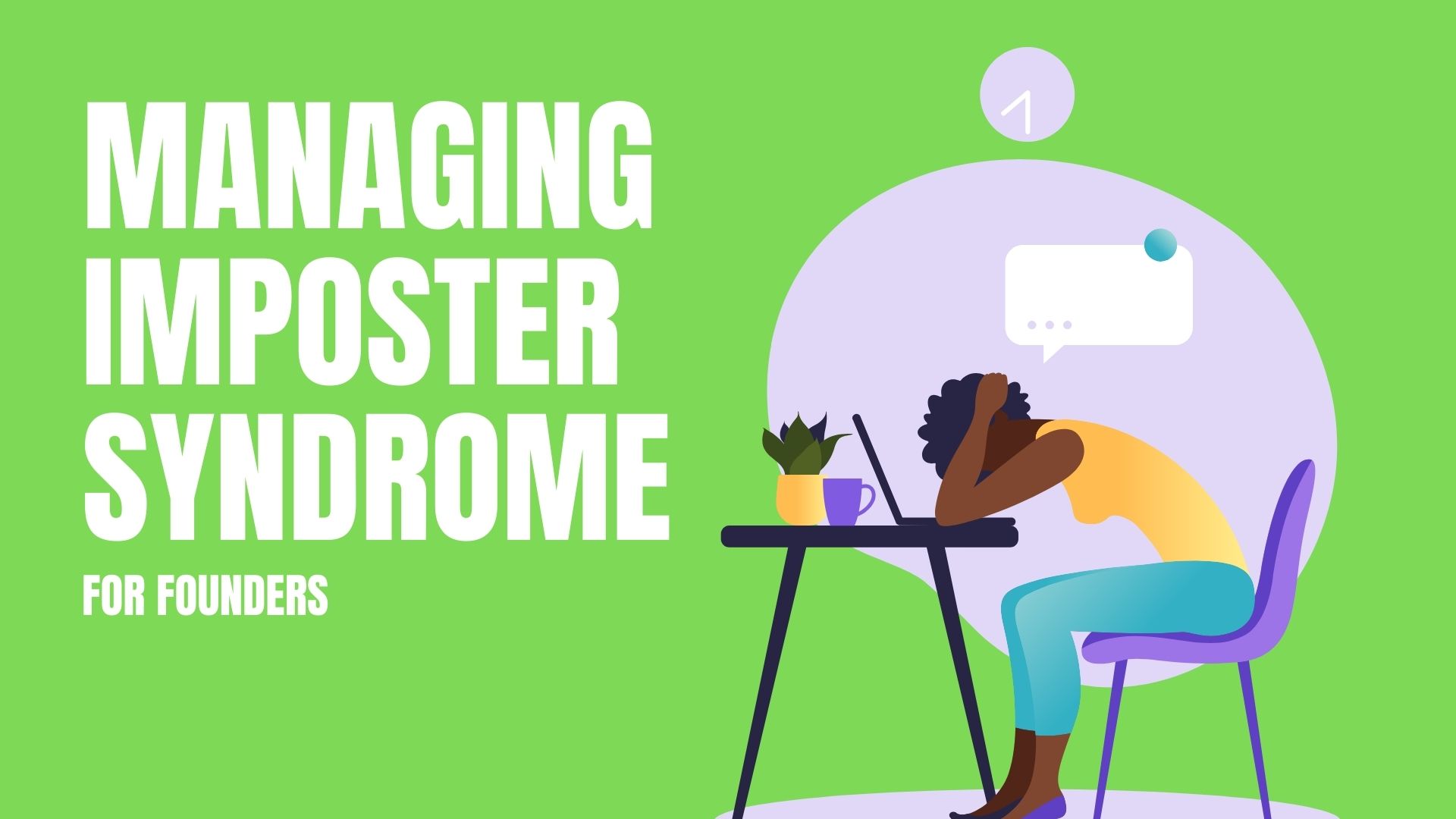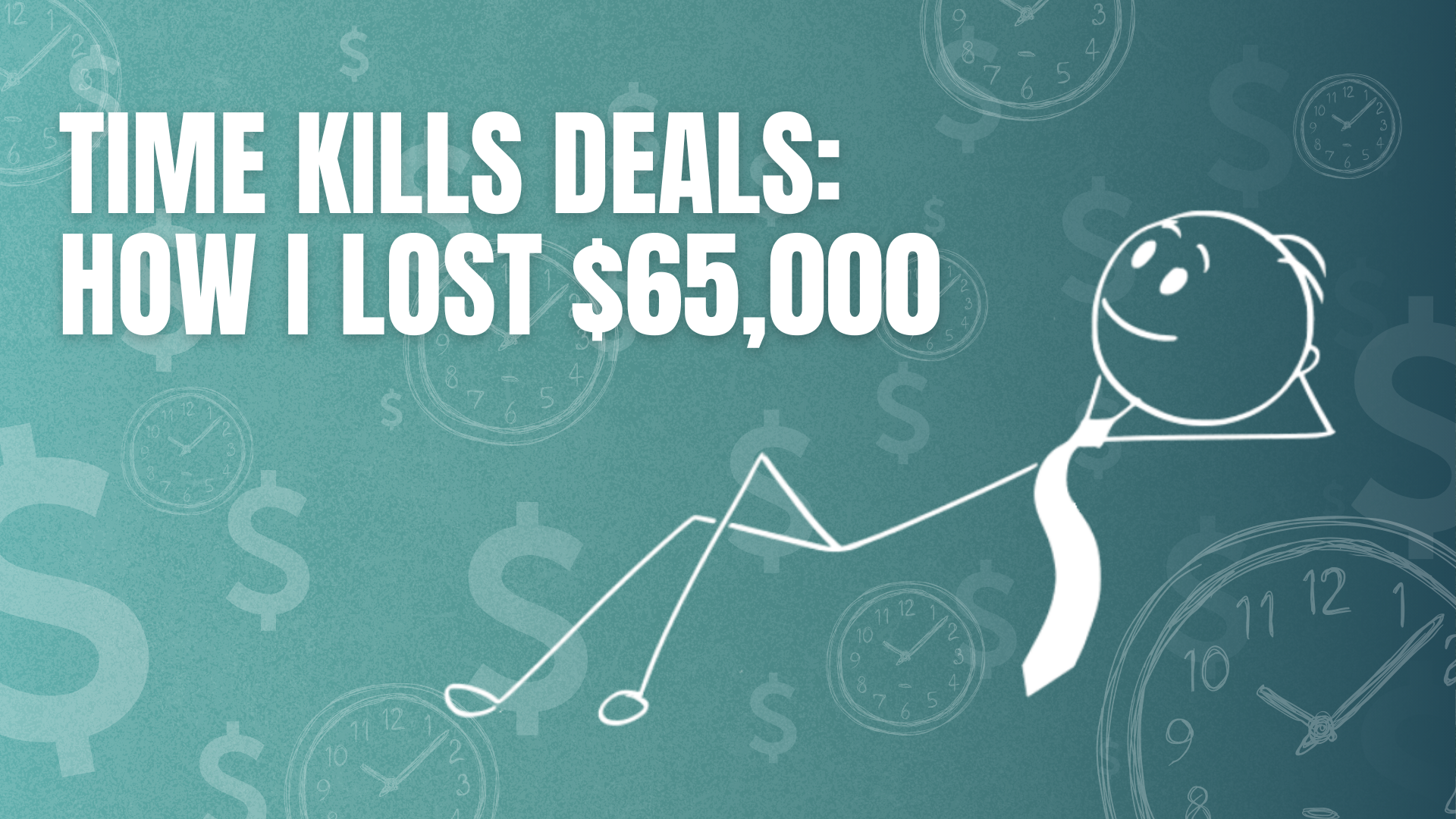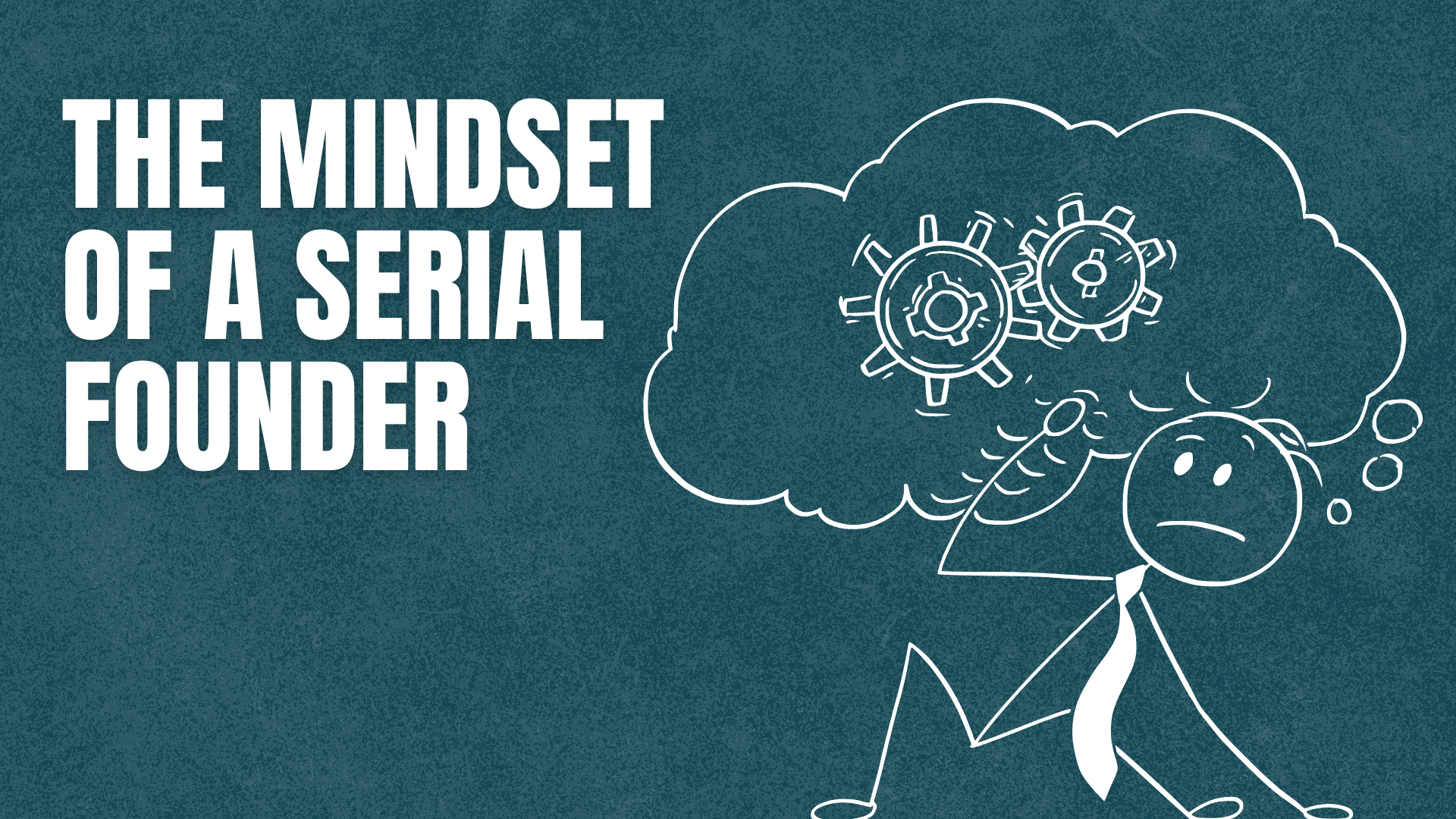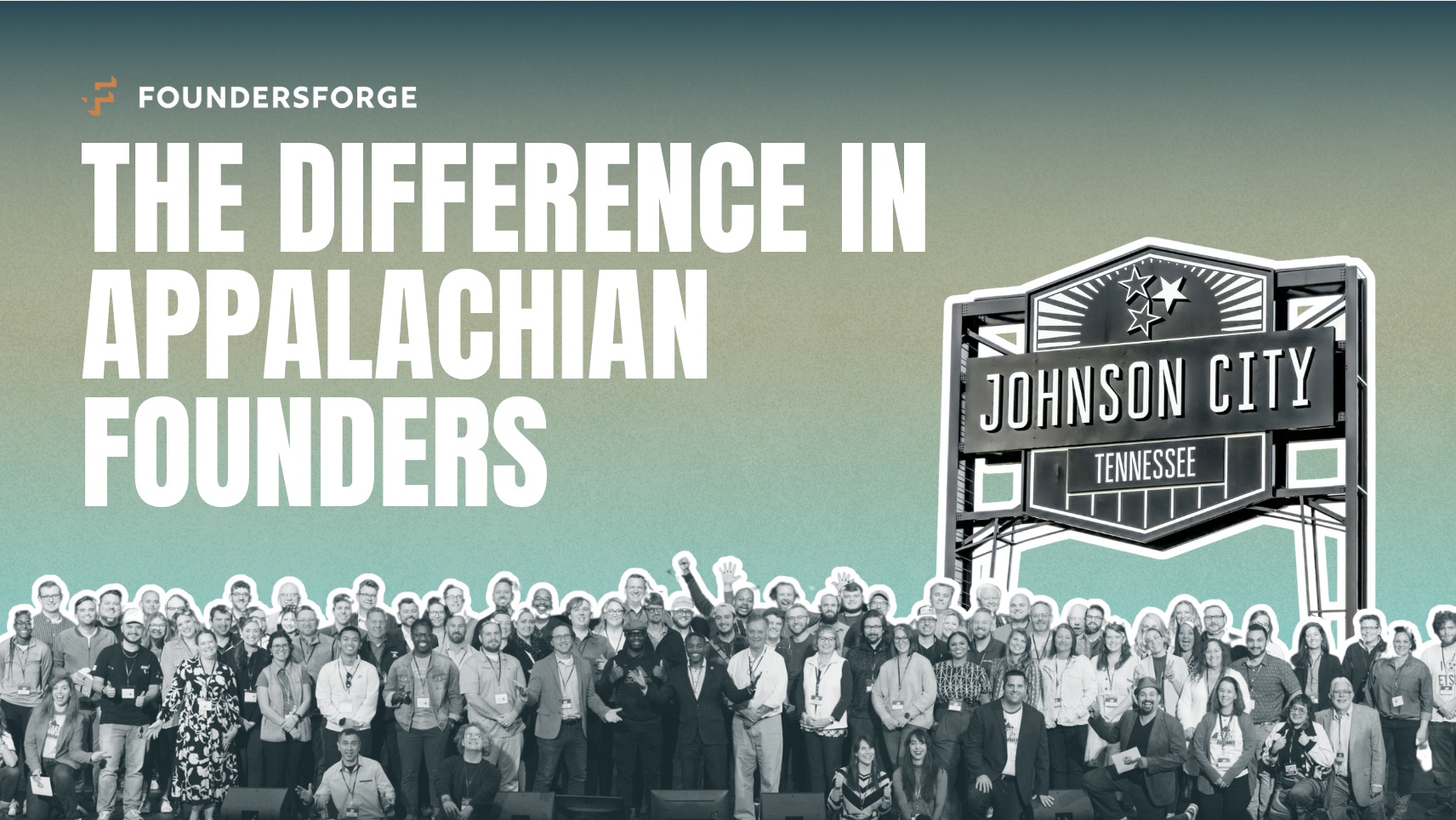
Managing Imposter Syndrome as a Founder
Last year, at the Startup Mountain Summit, we took a moment on stage to ask a room full of founders and entrepreneurs about experiencing imposter syndrome. Astonishingly, every hand went up after we posed the question.
This was a moment of clarity for me and many in the audience that day.
As entrepreneurs and as human beings, we often feel like our emotions are unique to our own experiences and we forget that others have shared the same feelings before. That moment on stage was a reminder that despite leading different journeys, we all face a similar challenge with managing imposter syndrome.
I’m very open about my personal struggles with imposter syndrome. It took me years to share my art with people because I was afraid of failing, I was intimidated by more experienced artists, and I never fully trusted the process. “The process” is a term I’ve coined for the ongoing cycle of creating, sharing, and reflecting on your art. By releasing your art into the world, you build confidence in your ability to create it, which alleviates some of the symptoms of imposter syndrome. Rick Rubin reflects this idea in his book, The Creative Act, where he writes,
“One of the greatest rewards of making art is our ability to share it… Despite our insecurities, the more times we can bring ourselves to release our work, the less weight insecurity has.”
I also felt like I needed to be further along in my art career before I was “good” enough to share. If I hadn’t let go of this pressure—as if my stage somehow disqualified me—I’d still be sitting on a pile of unfinished work.
For founders, imposter syndrome corrupts your confidence, influences your decisions, and changes the way you think about your abilities, just like it does for artists. We compare ourselves to industry leaders and immediately lose confidence in our own abilities. We set high expectations for ourselves, only to fall short and reinforce our self-doubt. Founders face a lot of pressure to achieve results in a short amount of time, and when our progress doesn’t align with others, we often question our capabilities and our place in the community.
During Avante Bootcamp, we reinforce the idea that entrepreneurship is a journey and not a linear path. We push founders to be confident in their ideas and the problems they are solving, regardless of how much experience they have. Even the act of declaring that you are going to launch a business is a step in the right direction.
Despite this reinforcement, all of our founders will experience imposter syndrome at some point in their journey, regardless of their circumstances or the stage they are in. Below are some ways that we help founders in the Avante Bootcamp manage their imposter syndrome.
1. Accept that imposter syndrome affects everyone, even the most successful entrepreneurs in the world. Understanding that self-doubt is a natural part of the journey, allows founders to separate themselves from the unrealistic expectations they often place on themselves.
2. Keep moving forward, even when you doubt your abilities. Imposter syndrome is the ultimate progress killer. Don’t let self doubt stop you from pursuing your business or bringing your vision to life.
3. Join a community. Surrounding yourself with like-minded founders helps normalize self-doubt and provides the encouragement needed to push through it.
Imposter syndrome may never fully disappear, but it doesn’t have to control your journey as a founder. Accept it, keep pushing, and share your experience with others.





